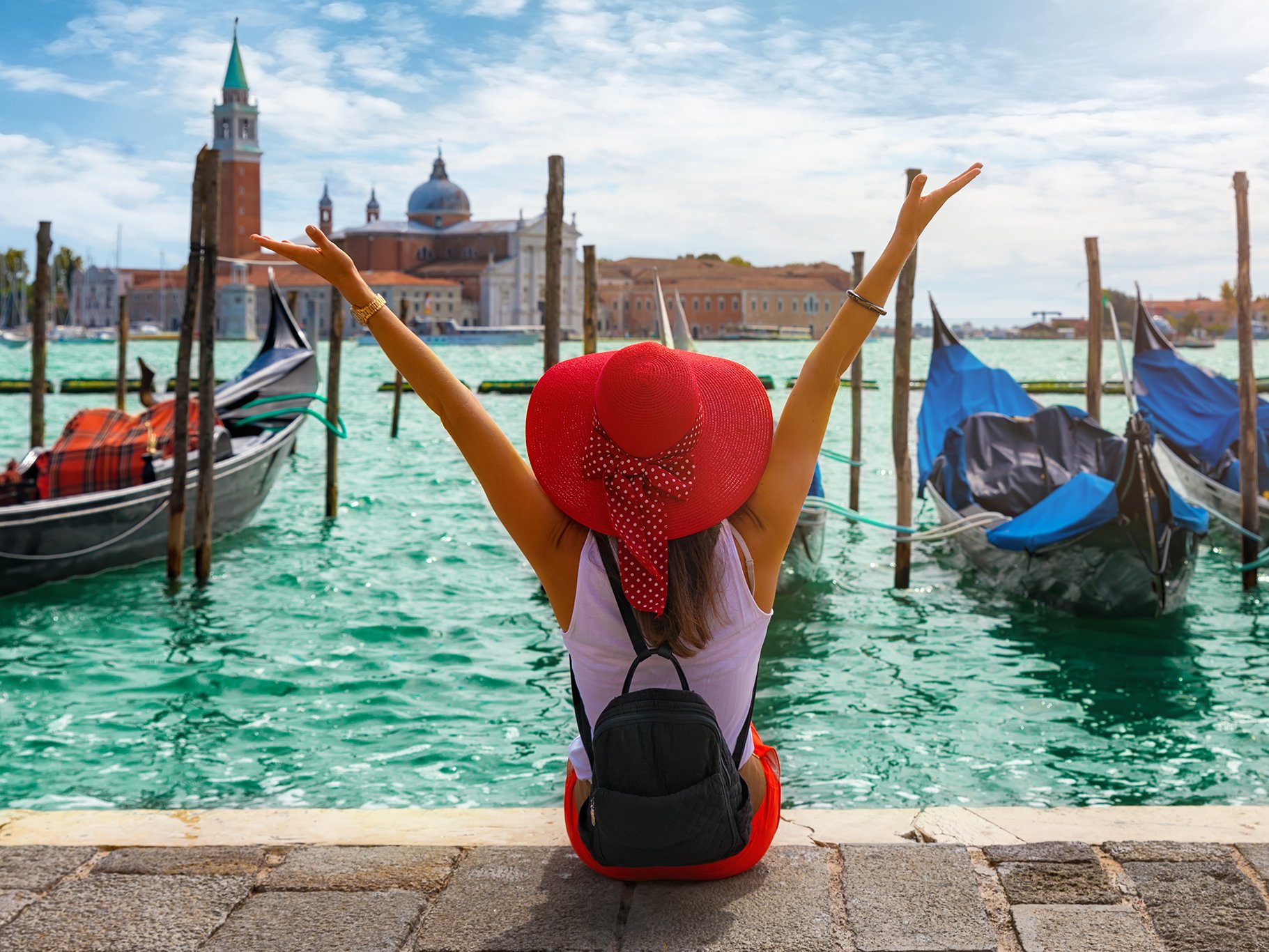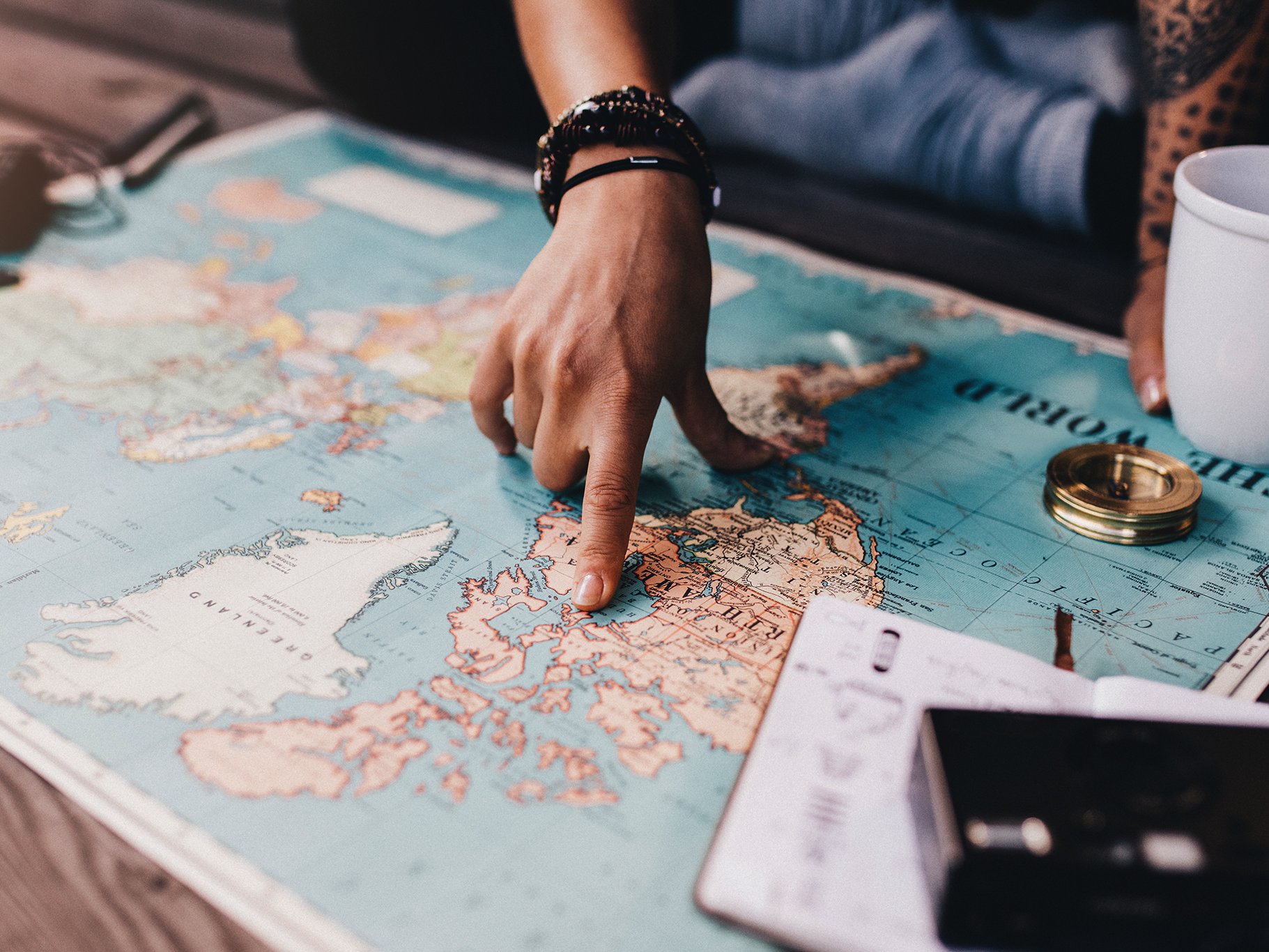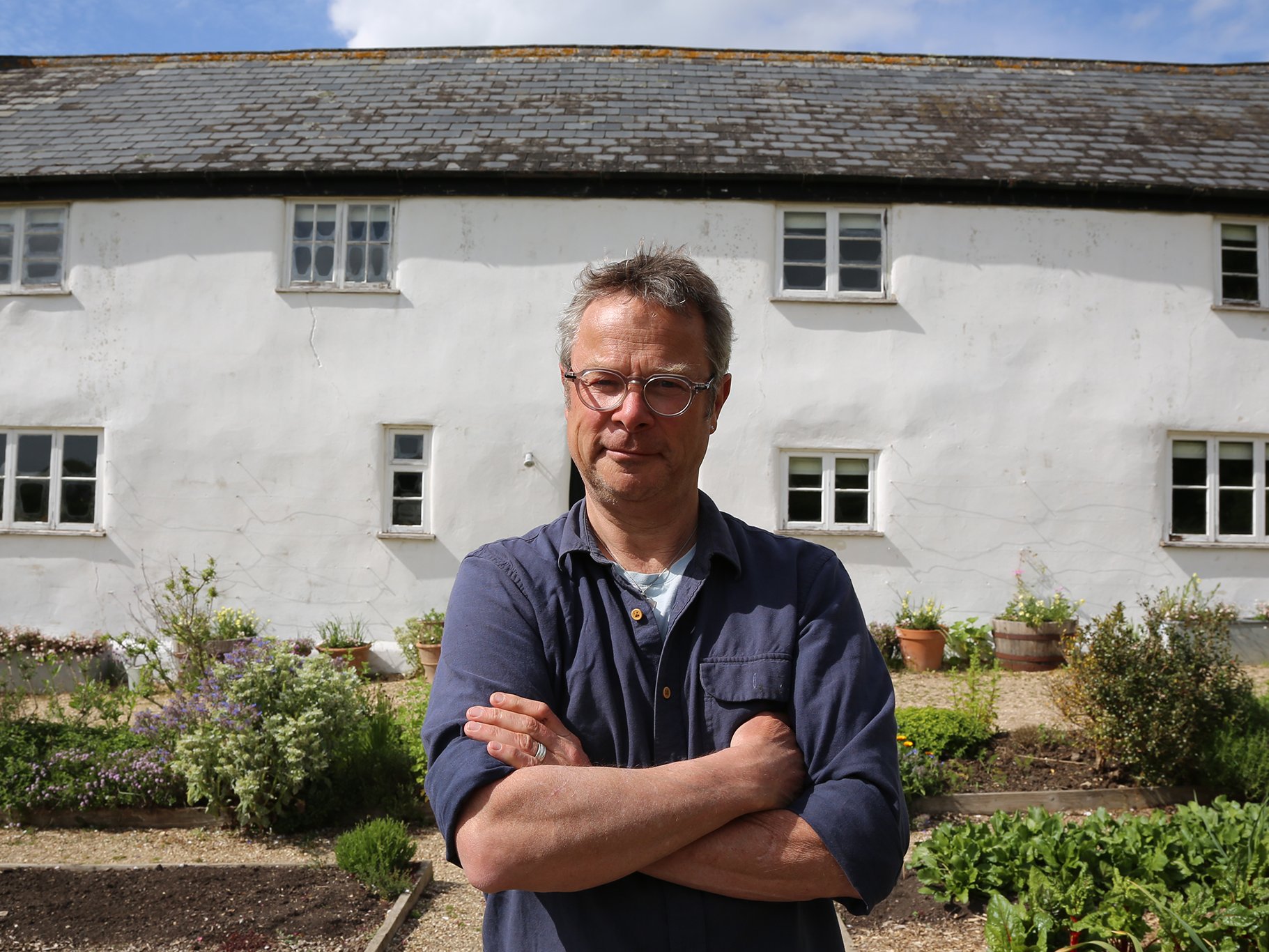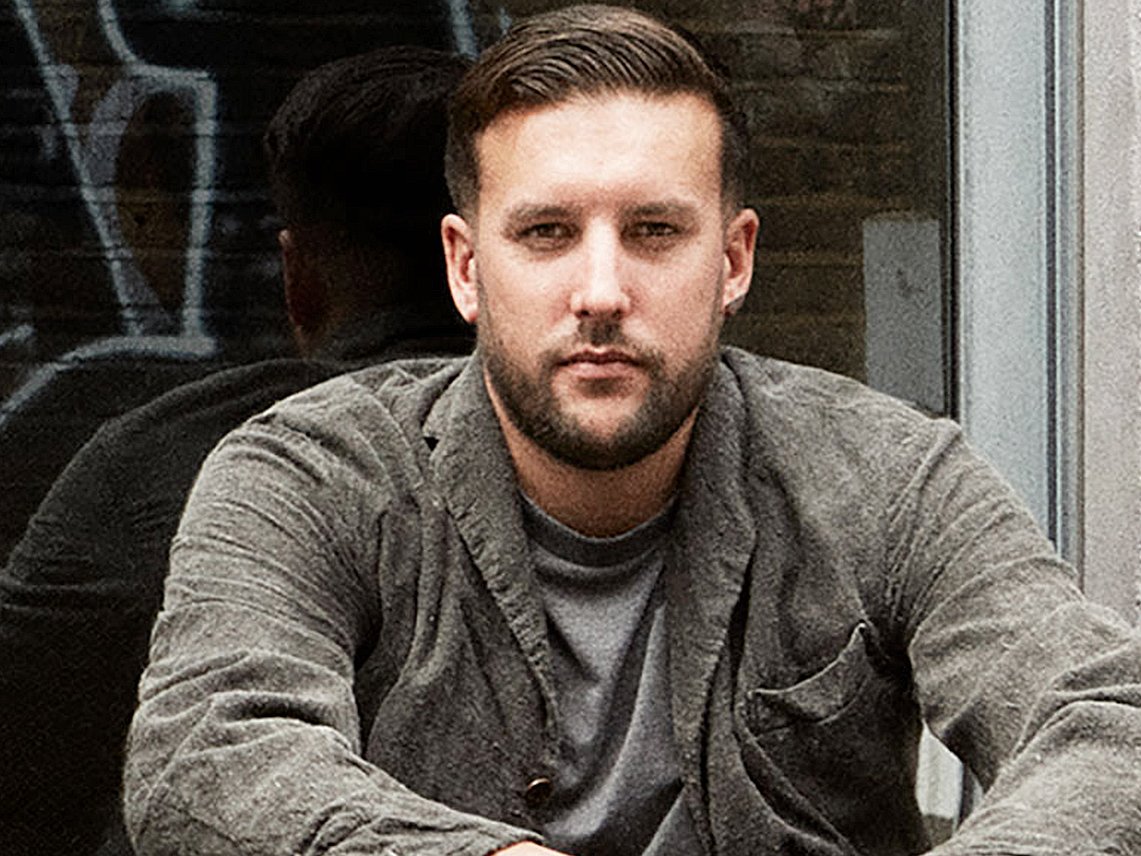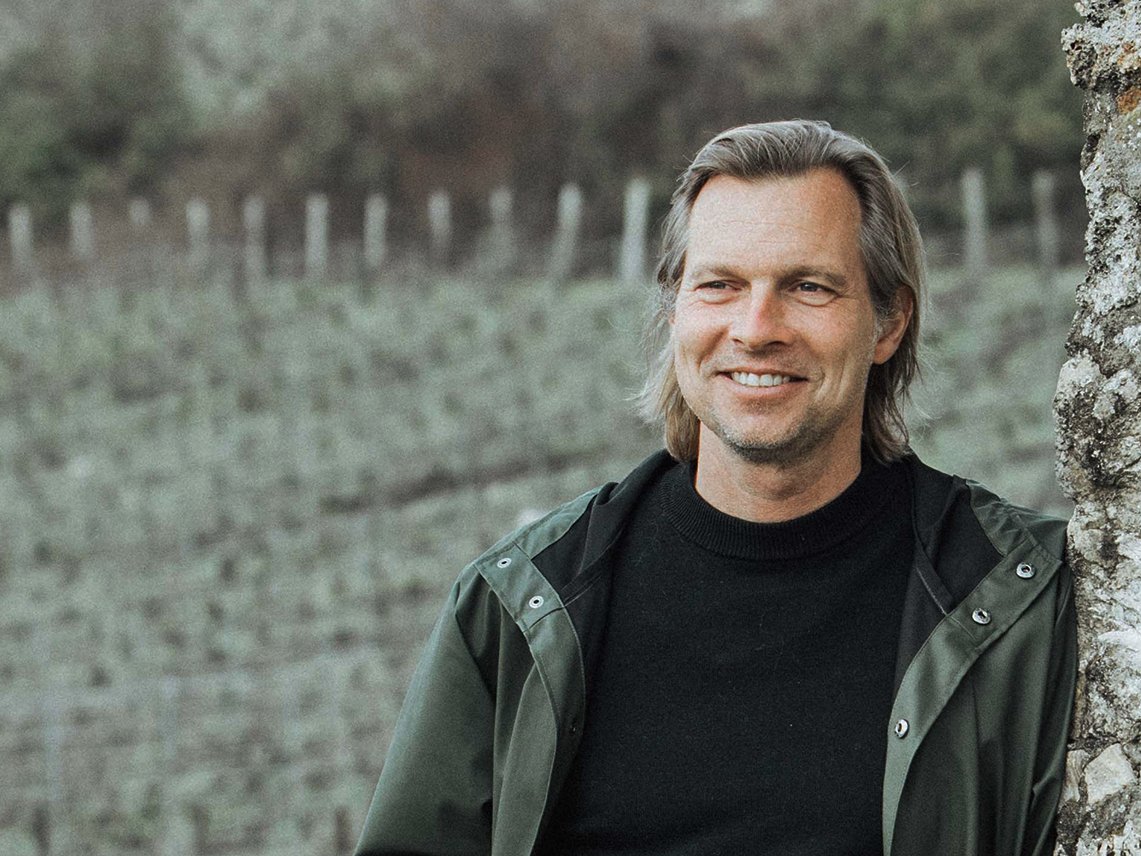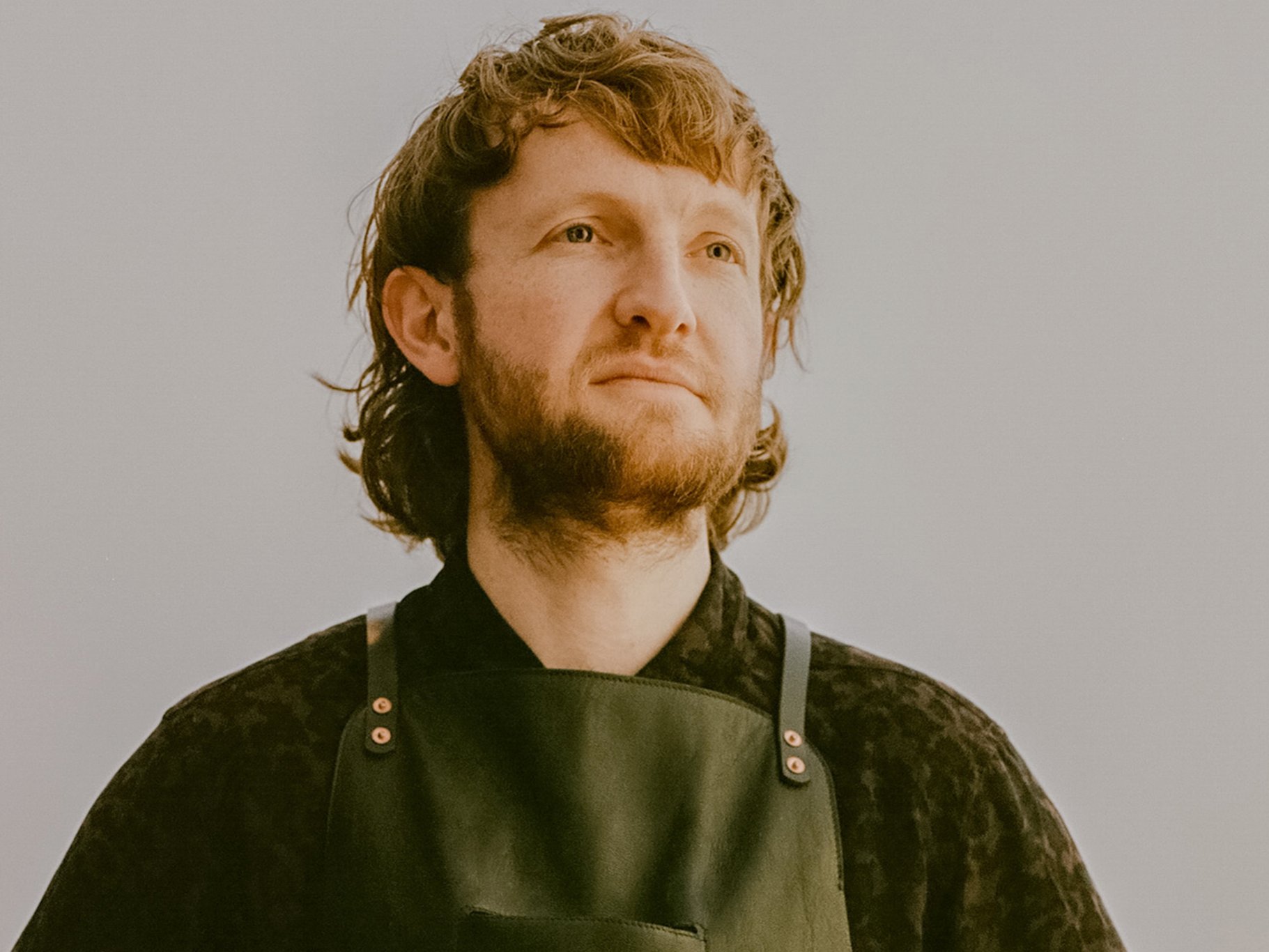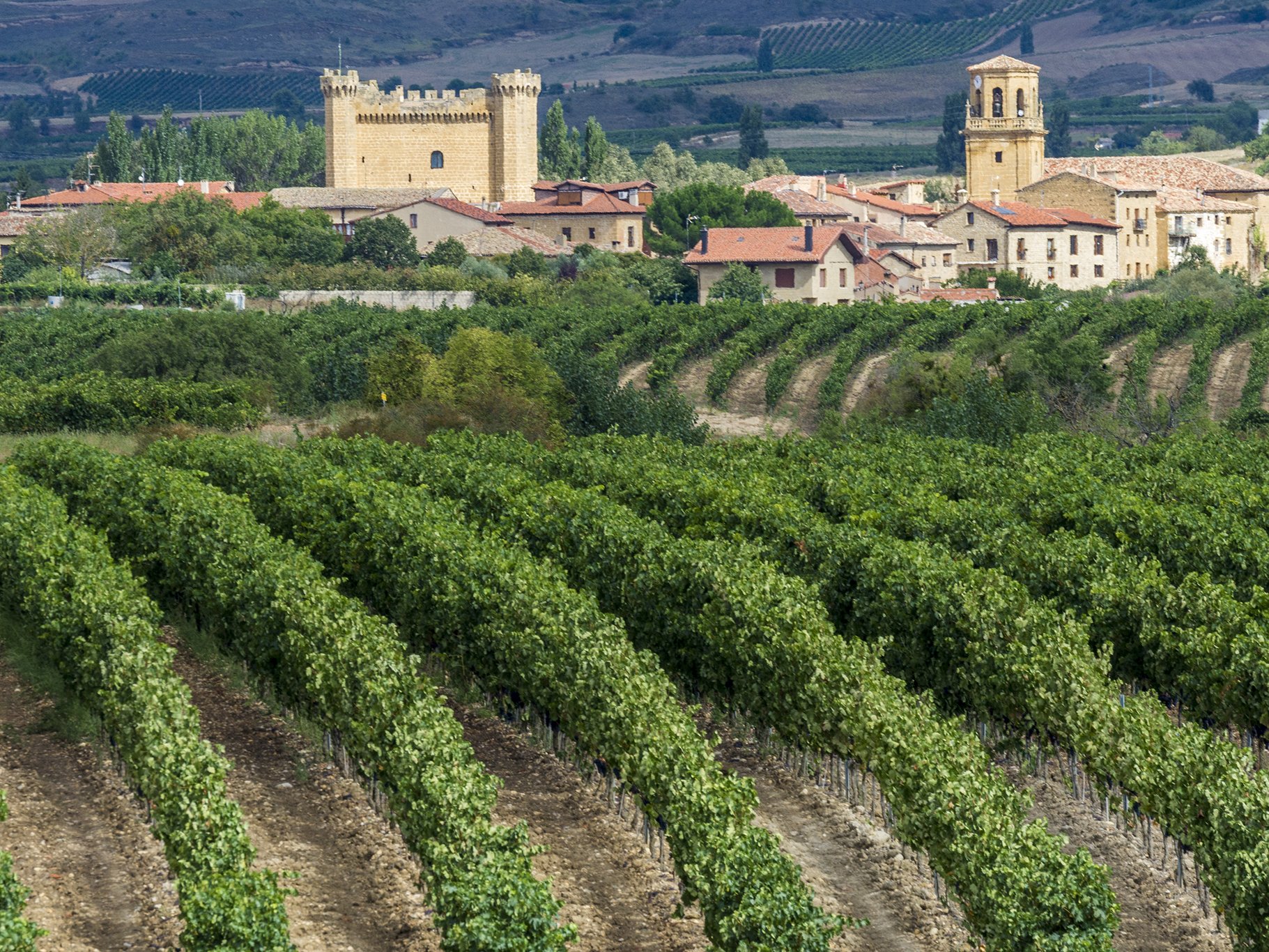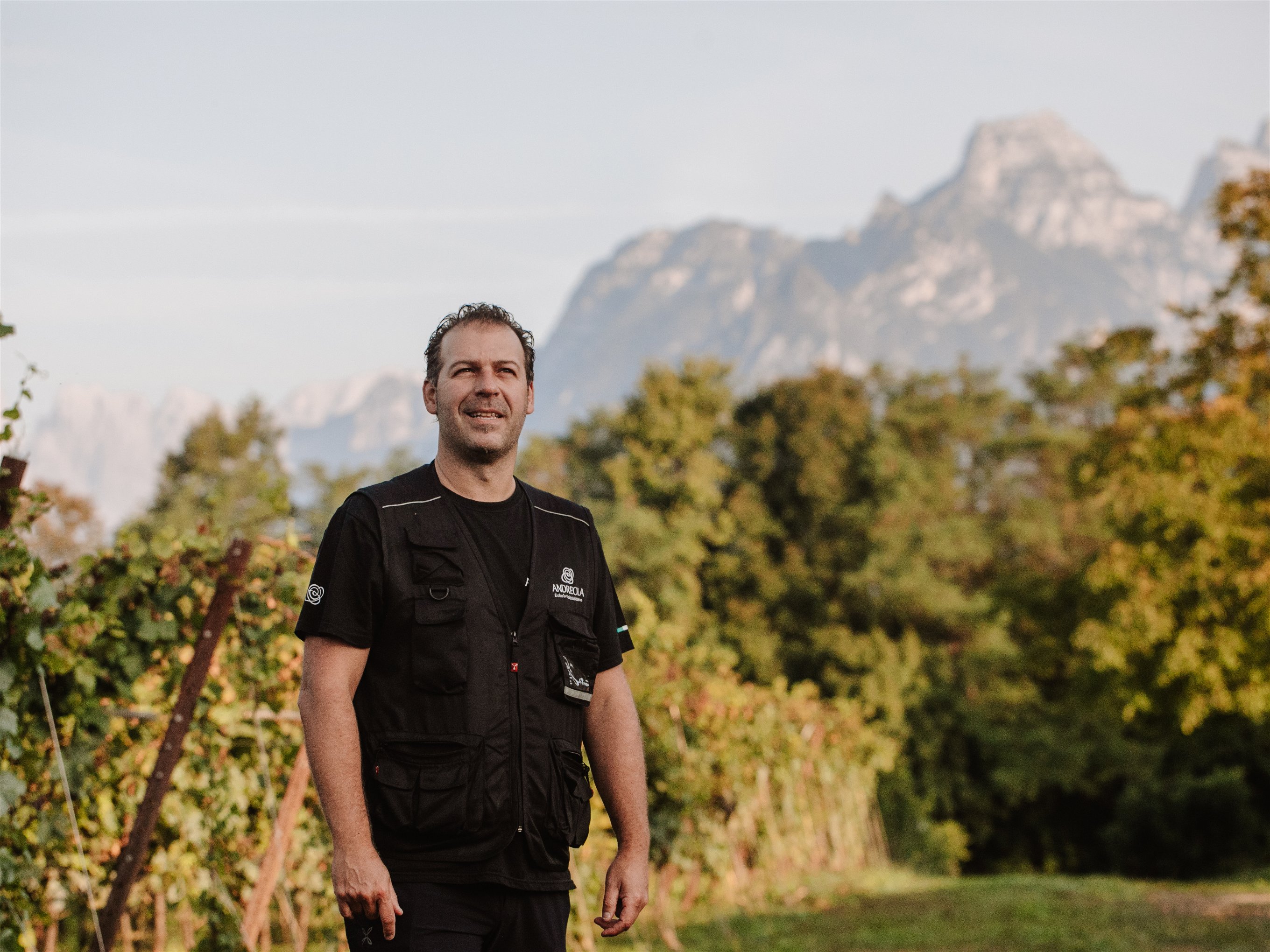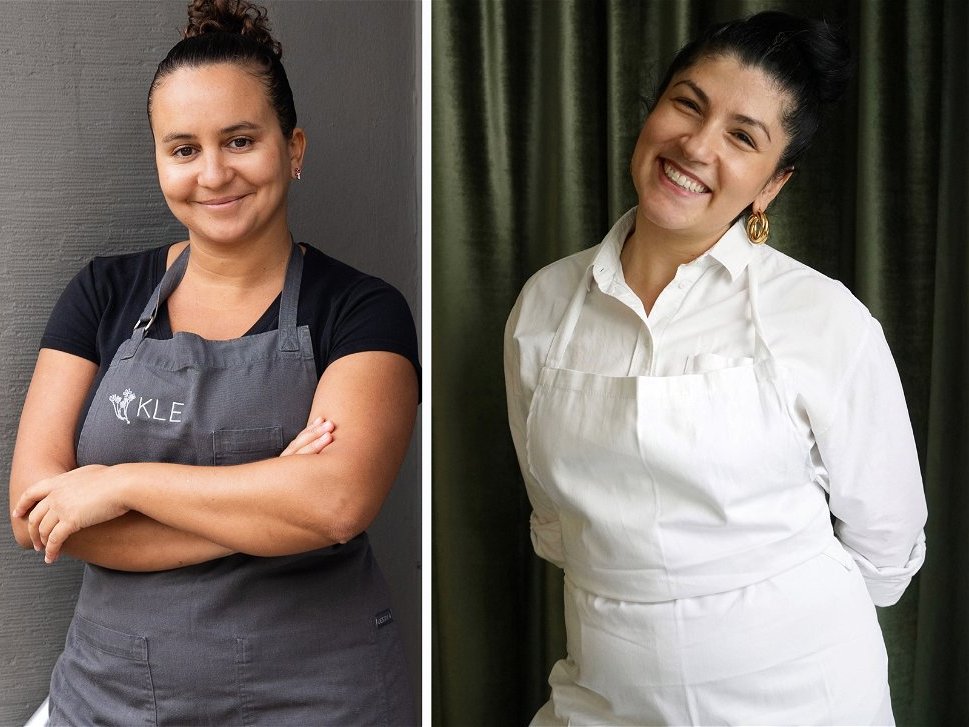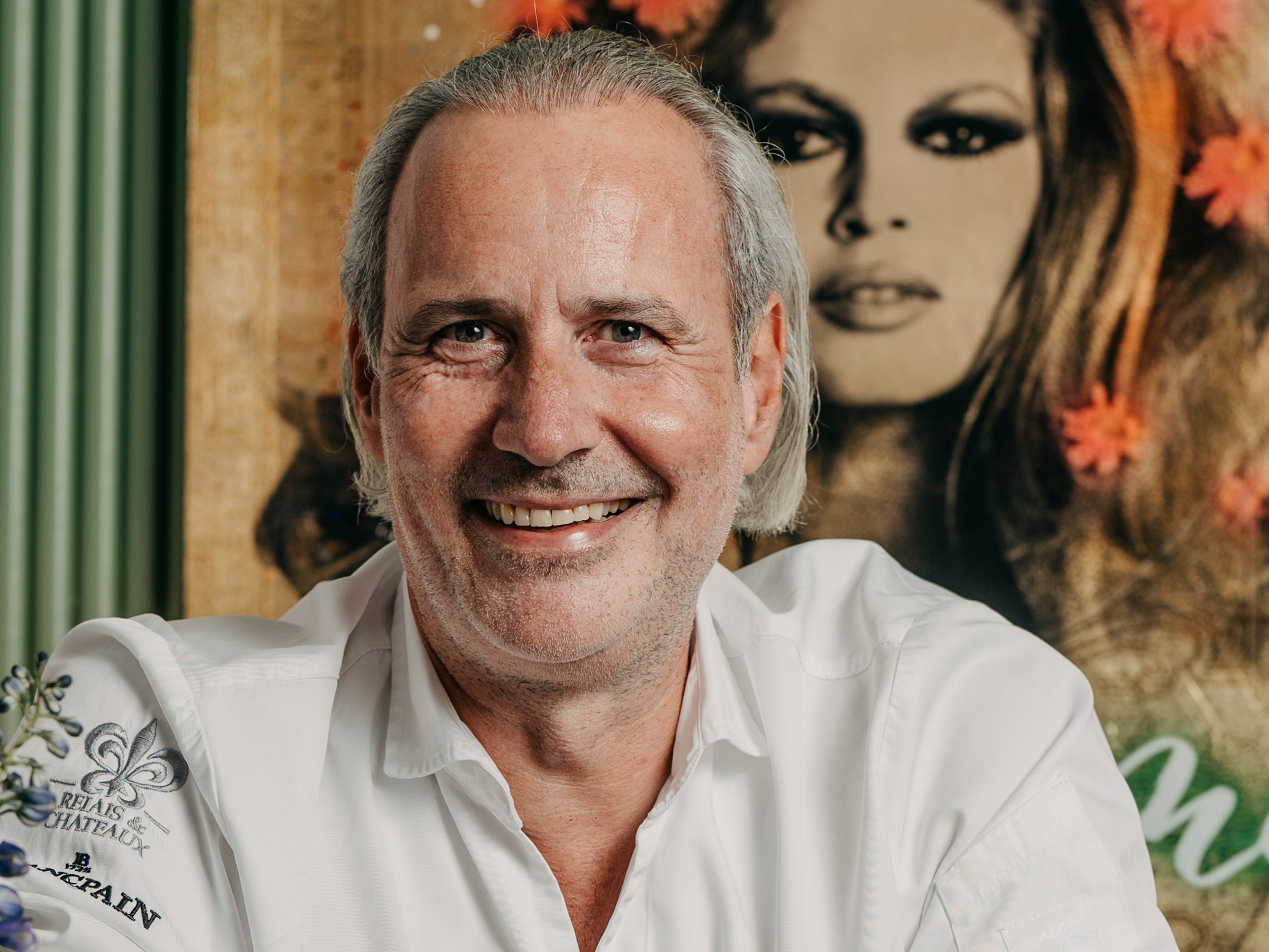Interview: “We want to democratise sustainability in tourism”
Falstaff spoke to Finn Ackermann of tourism group Iberostar, about gastronomy concepts, the role of sustainability and the US market.
FALSTAFF: Last year, Iberostar agreed a cooperation with the hotel group IHG. What is behind this?
Finn Ackermann, Executive Vice President Commercial EMEA at Iberostar: We have agreed on a strategic long-term commercial alliance with IHG, the world's third-largest hotel group. Iberostar is the 18th brand in their portfolio; we cover the entire sun and beach area as well as all-inclusive. Being part of such a global player is an accolade for us, and it is indeed an alliance, because Iberostar will retain 100 per cent ownership, preserving its autonomy and values. This is a novelty for IHG because all their brands are owned by the group; we are an outlier.
What are the concrete benefits?
The cooperation brings us attention and visibility in the US market. Mallorca and other Spanish destinations are now in demand among US travellers because they are looking for new destinations. We recently had triple-digit growth with customers from the USA.
What other goals have you set for this year?
With a strong focus on sustainability, we bring to Majorca Iberostar’s all-inclusive formula that is so successful in the Caribbean. It’s composed of two hotels: the Iberostar Selection Albufera Park, specially designed for family holidays, with a renovated children's pool, reinvented Star Camp facilities and spacious and comfortable rooms that allow for privacy and rest, and the Iberostar Selection Albufera Playa, suited for all types of guests from active couples to those looking to relax and unwind with their loved ones, in new and elegant rooms inspired by the sea and the privileged natural surroundings.
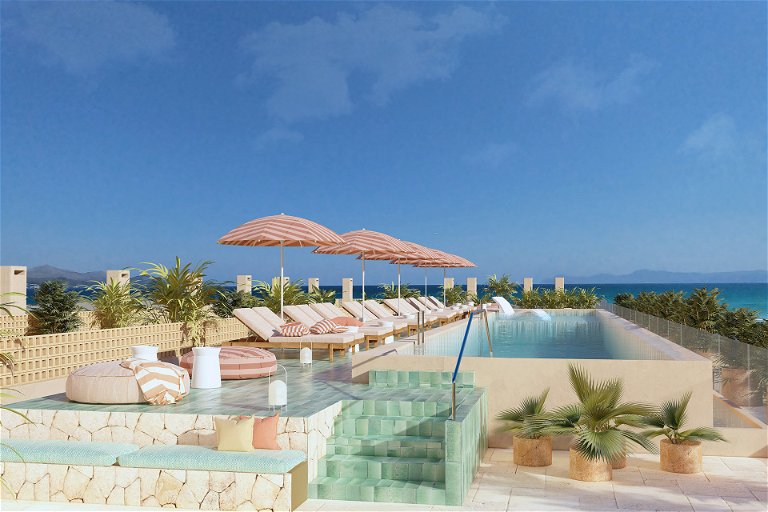
All-inclusive as a gastronomy concept was more in demand after the crisis. Why is that?
In principle, all-inclusive stands for cost-consciousness. But after the pandemic, the opposite was the case: guests opted for higher categories because they wanted to experience something after Covid. All-inclusive is also trendy because of the desire for safety and hygiene. We have been very consistent in this respect and have thus appealed to guests who were not interested in all-inclusive before.
But isn´t all-inclusive less sustainable than other concepts?
If everything is served à la carte, that is the most sustainable, but that is rarely the case – just think of breakfast buffets. We have massively changed our buffets, for example, by offering much live cooking, where something is only prepared on request. This increases quality and reduces waste.
What role does sustainability play in general?
This is a central topic: we focus on a responsible tourism model that cares for people and the environment. This is a more extensive undertaking for a company of our size than for an eco-lodge in Bali with 16 rooms. We want to democratise sustainability in tourism so that it is possible for a broad audience and everyone can contribute with their booking. Our movement for this is called Wave of Change and one goal is the Circular Economy, which includes minimising our CO2 emissions and avoiding food waste which includes avoiding food waste. We have successfully introduced mechanisms to optimise our buffets, also with the help of artificial intelligence: everything that is not consumed is weighed and recorded. The data provides clear information on how much we must prepare and what goes in the buffets. This brings savings of up to 50 per cent of waste and lowers costs.
What other goals have you set for yourself?
We want to be CO2-neutral by 2030, which is 20 years ahead of the goal of the entire tourism industry. In fact, we achieved a 10 per cent reduction in our carbon footprint in 2022, equivalent to 24,500 tons of CO2 emissions. These results are proof of our commitment to responsible tourism, generating value in our operations while maintaining quality and customer service, a commitment that is proving to be profitable.
This might be more difficult for some hotels than others?
It depends on the location and how quickly we can implement this, for example, because of the supply chains and whether local purchasing is possible. Another goal is to source 100 per cent of fish and seafood products from responsible sources. This goes as far as training local fishermen. We are developing our supply chains there.
Do customers already expect so much sustainability?
The younger the audience, the more consumption is linked to whether people believe that specific values are essential. The problem in tourism is that only a few booking options make it transparent how sustainably a hotel operates.
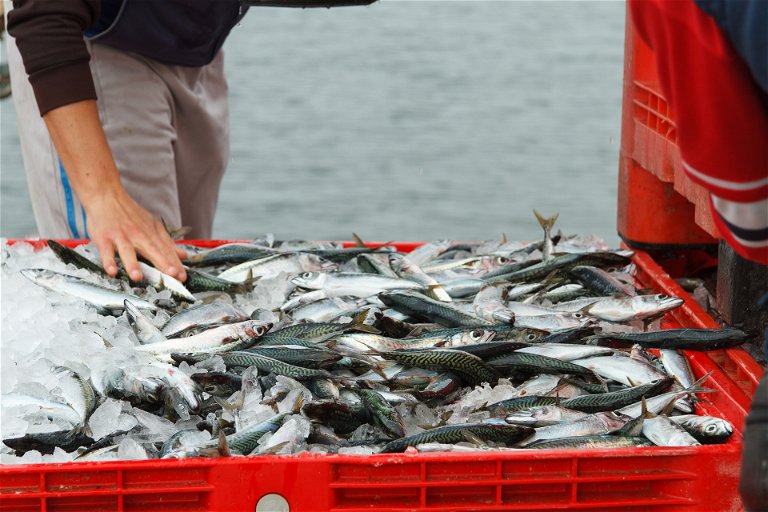
Is sustainability already a booking decision?
The question of whether you can earn more money thanks to sustainability would be wrong. I compare it to WLAN [precursor of Wi-Fi]: at some point, some hotels offered it, and guests were willing to pay for it. Nobody wants to pay today, but guests only come if it is provided. This will also be the case with sustainability in a short time: it is not a question of how much you want to pay for it, but whether the guest comes at all.
Is that also important for Iberostar as an employer?
Yes, absolutely. Finding staff is becoming increasingly complex, which is no different for us. But we do better than other companies because our employees are younger and they want to feel they are contributing.
What trends do you expect for tourism, in general, this year?
The trend towards higher-quality products is unbroken, and there will also be further consolidation. In addition, the concept of luxury will develop in the direction of lifestyle. Luxury experiences you can't get for the money are in demand. This creates room for innovation and new concepts, including gastronomic ones like cooking.
About Finn Ackermann
Finn Ackermann is Executive Vice President Commercial EMEA of Iberostar Group. Before that, the Hamburg native worked for TUI, among others.
About the Iberostar Group
The Iberostar Group is a 100 per cent family-owned multinational Spanish company with over 65 years of experience in the tourism industry. Its entrepreneurial roots date back to 1877. Its main line of business is Iberostar Hotels & Resorts, whose portfolio includes over 100 four- and five-star hotels in 16 countries. The group is working towards its own 2030 Agenda which involves becoming waste-free by 2025, carbon neutral by 2030, and 100 per cent responsible in its seafood supply chain by 2025, as well as improving the health of the ecosystems that surround its hotels, among other goals.


